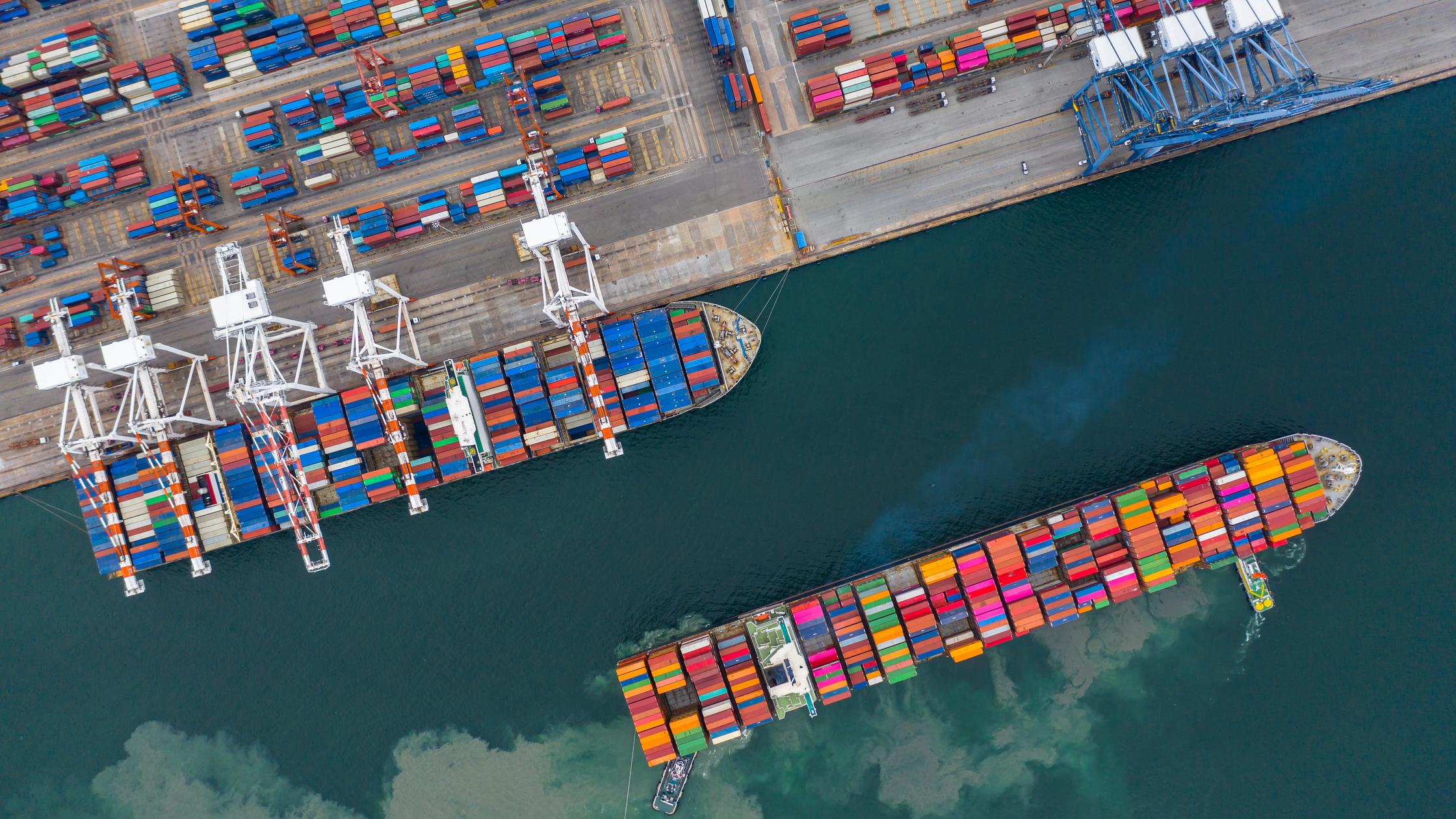A 360-degree, transparent view of the supply chain is vital to organizations looking to demystify processes, build trust, and streamline operations.
- Search BSI
- Verify a Certificate
Suggested region and language based on your location
Your current region and language
As supply chains grow in complexity, so do the related risks and opportunities.

From managing the risk of cargo theft to ensuring supply chain traceability, keeping your supply chain secure is a complex undertaking.
By taking advantage of advances in technology and expertise from around the world, you can make your supply chain an asset instead of a headache.
Discover how to build resilient supply chains by gaining a holistic view of processes and improve operational efficiency.

From expert advice on countering cargo theft to insightful analytics, we work across global supply chains, offering expert advice, practical support, and tools to create tailored solutions.
Managing an entire supply chain is no easy feat – but BSI has the tools to make it possible.
“BSI has become an extension of Husky’s security program…they were instrumental to Husky winning our Tier 3 CTPAT status.”
Get fit for the future of global supply. We’ll help you solve issues from visibility to modern slavery, driving progress towards a sustainable world.
We are committed to providing our clients with impartial and independent certification services. Because of this, we are not able to provide management system or product consultancy services and certification services to the same client where there may be a conflict of interest. This message will appear as a reminder on future visits to our site.
We are committed to providing our clients with impartial and independent certification services. Because of this, we are not able to provide management system or product consultancy services and certification services to the same client where there may be a conflict of interest. This message will appear as a reminder on future visits to our site.
We are committed to providing our clients with impartial and independent certification services. Because of this, we are not able to provide management system or product consultancy services and certification services to the same client where there may be a conflict of interest. This message will appear as a reminder on future visits to our site.
We are committed to providing our clients with impartial and independent certification services. Because of this, we are not able to provide management system or product consultancy services and certification services to the same client where there may be a conflict of interest. This message will appear as a reminder on future visits to our site.

We partner with organizations across the world to make their supply chains more resilient and sustainable. Our approach can help you do the same.
Get in touch
From harnessing new technologies, to the way people work together, progress towards a more sustainable world means overcoming a variety of challenges.
More about BSIWith a combination of world-leading expertise and data driven insights, our team is ready to help.
